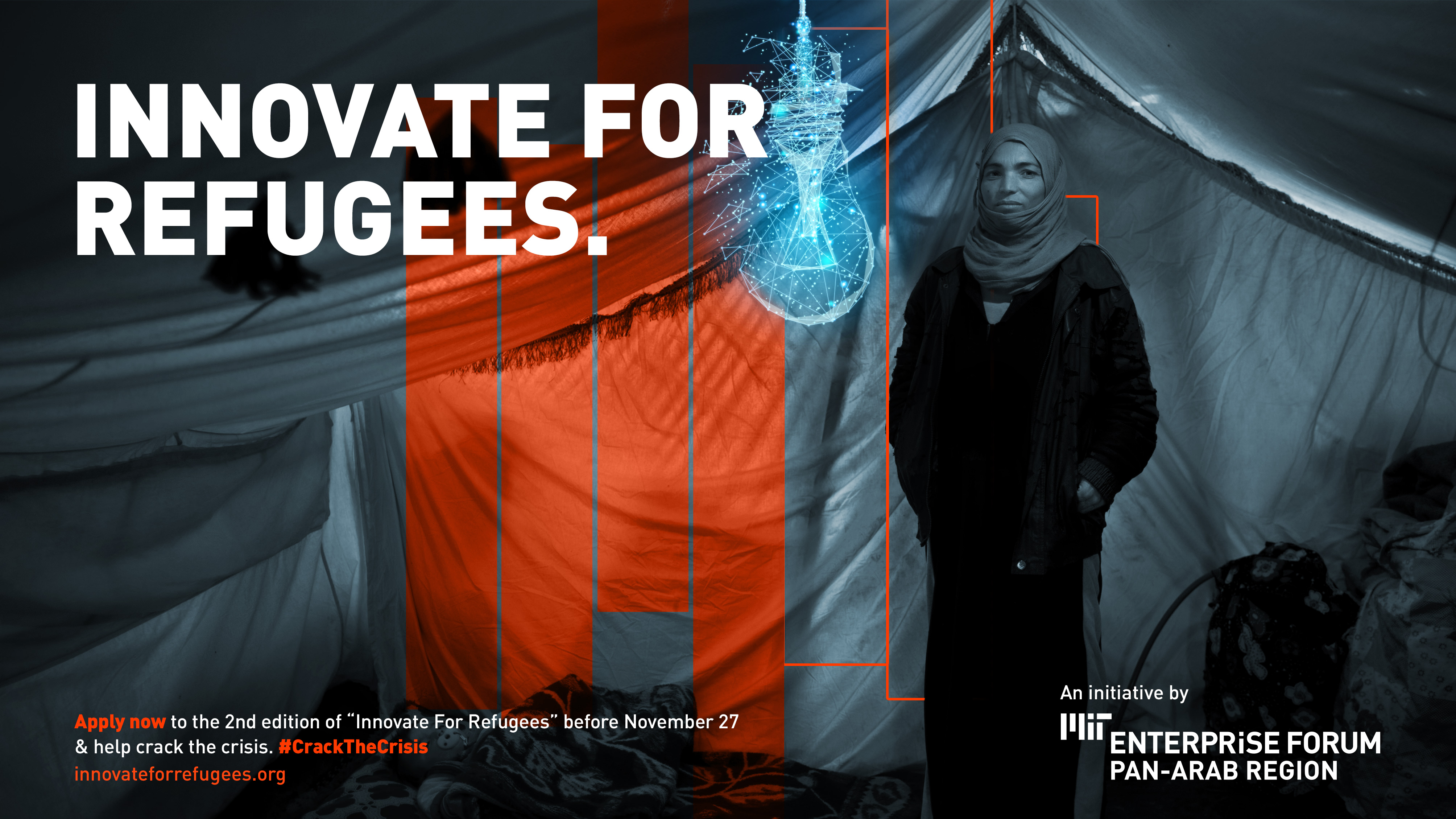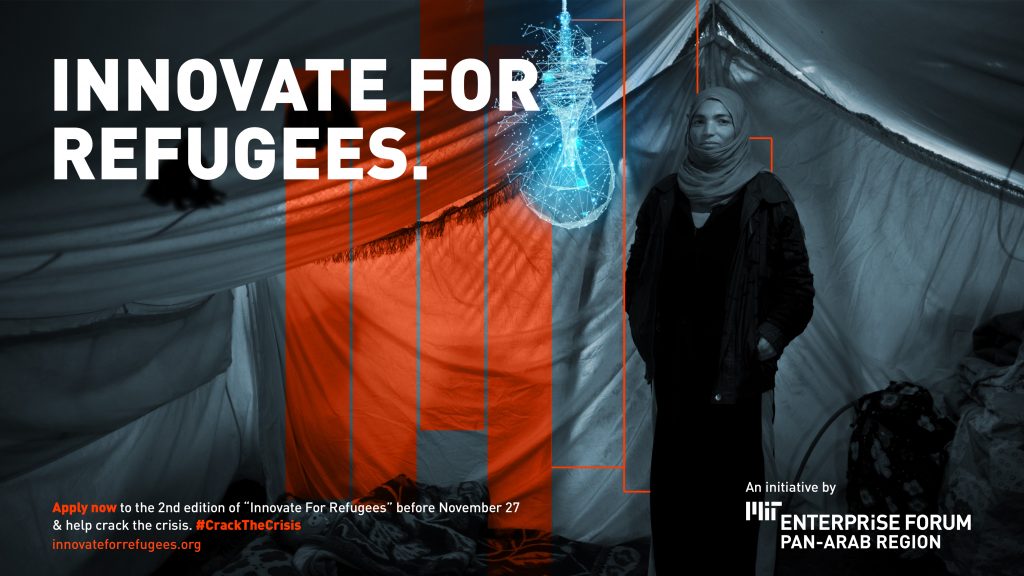Got a Solution for the Refugee Crisis?
-
-
slice.mit.edu
Filed Under
Recommended

IFR was launched on World Refugee Day 2016 by MIT Enterprise Forum Pan Arab (MIT EF Pan Arab)—an MIT-affiliated nonprofit and a promoter of entrepreneurship and innovation worldwide. Hala Fadel MBA ’01, founding member of MIT EF Pan Arab, explains how the IFR came about. “I felt guilty sometimes for doing nothing,” she says in a video from last year’s competition. “Then I received an email from Maysa Sabah MCP ‘99 about entrepreneurship and refugees. I realized that around the world, the youth and technology have come up with solutions to many of the world’s biggest problems. So why not throw this problem at the youth globally?” The competition aims to support innovative solutions and raise awareness for the challenges refugees face through coaching, mentorship, and prize money.
In its first year, IFR prequalified 500 tech-driven solutions submitted by individuals and teams from around the globe—with 15 percent of submissions coming from refugees. Seven winners were selected to receive prize money to support their solution as well as ongoing coaching and mentorship. Last year’s winners included solutions like change:WATER, a low cost, evaporative toilet that operates off the grid, and Evaptainers, mobile and modular zero-energy refrigeration systems.
IFR is back for its second year, and the solution submission period is now open. This year, the competition hopes to increase the number of submissions from refugees, setting up pre-competition workshops to develop ideas and offer coaching. The workshops will be held in Jordan and Lebanon, which host the highest number of refugees in the region. Workshop attendees will have the chance to refine ideas, get startup training, and get help submitting to this year’s IFR competition.
As IFR seeks submissions—teams should have at least two members with one team member being an Arab national—it is also looking for involvement through community partnerships. Partners can offer support for the competition or simply help identify innovators.
Have an idea to submit or want to get involved as a community partner? You can learn more at the IFR website. The submission period closes November 27.







